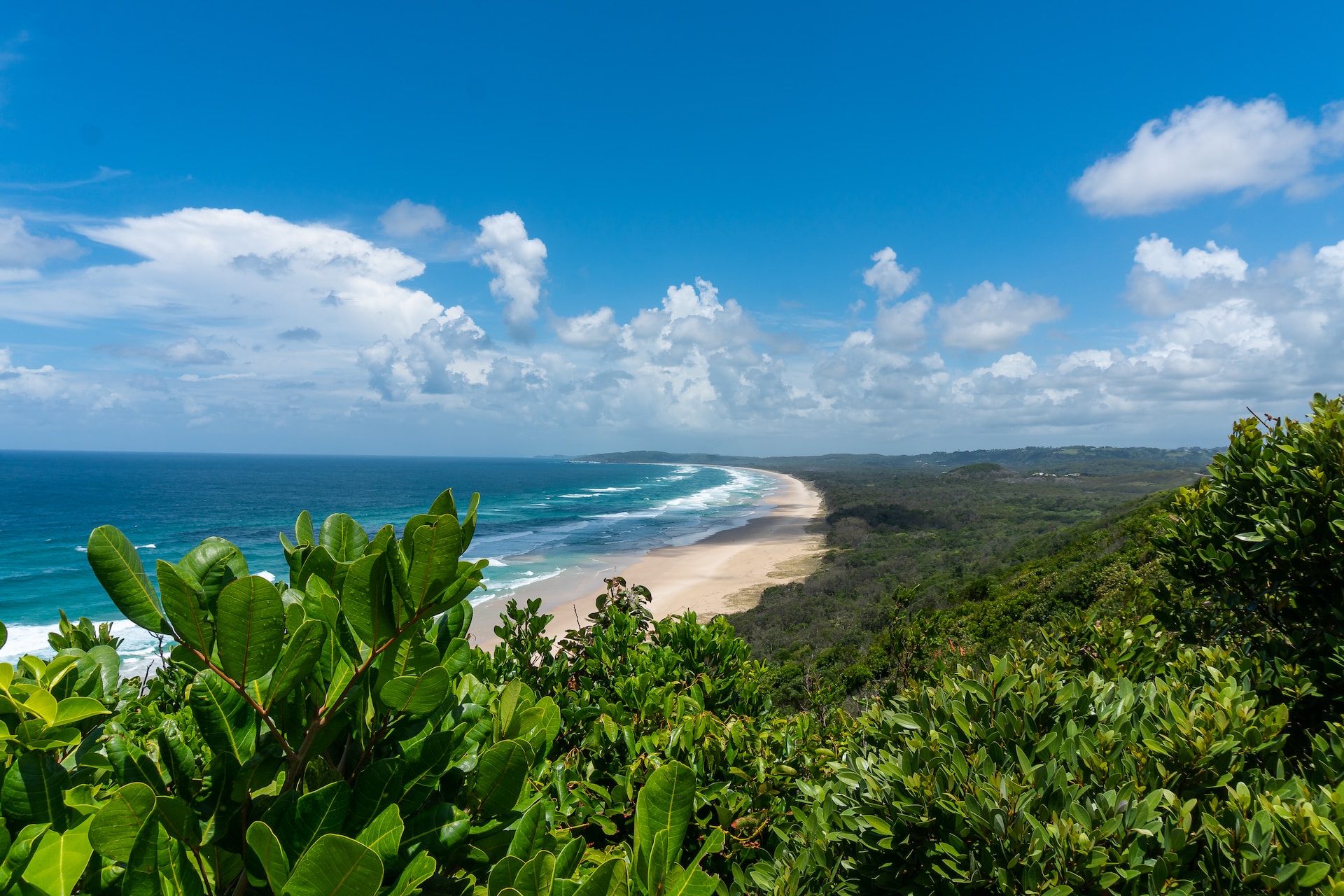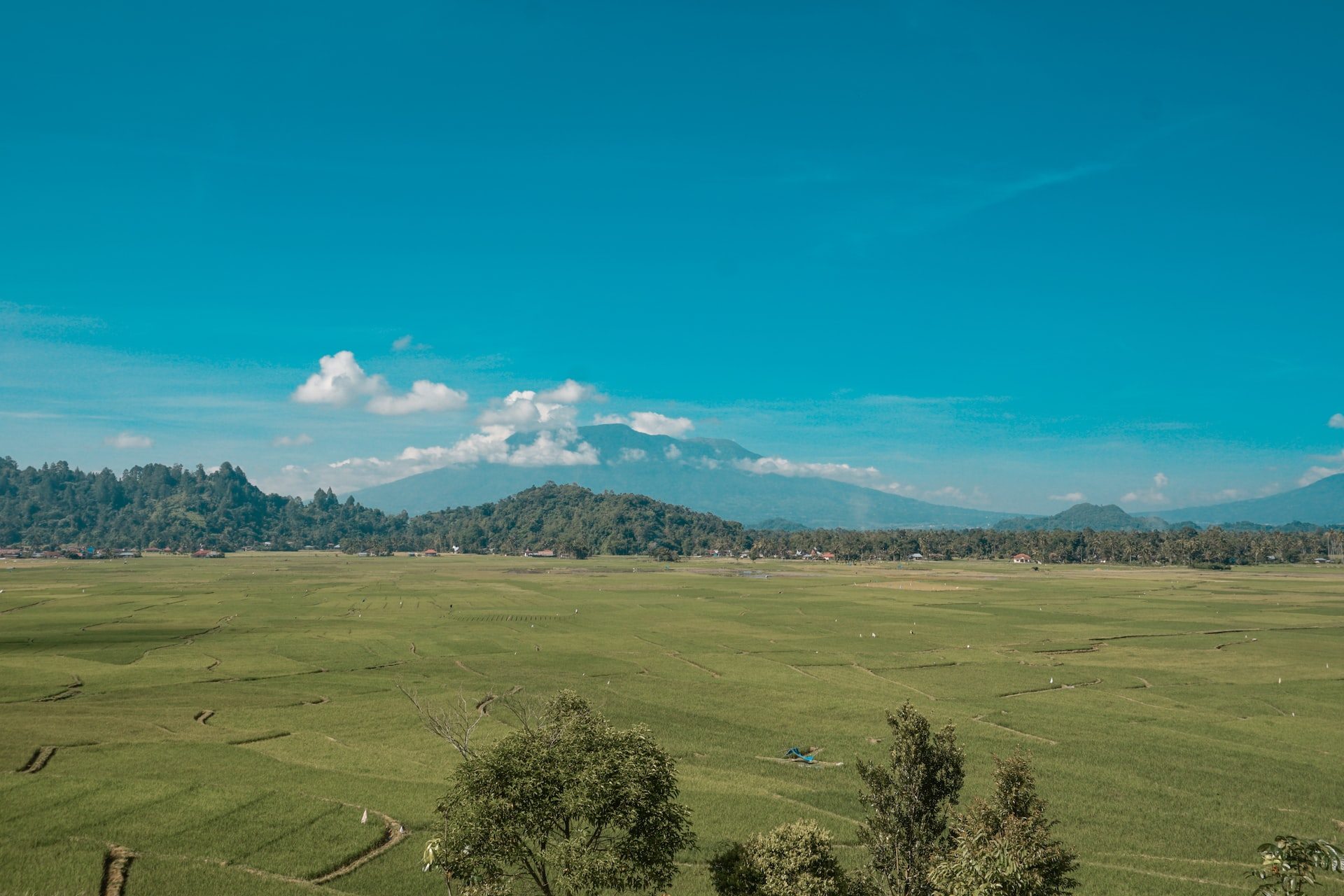Buenos Aires weather is known for its mild temperatures and lack of extreme weather conditions. The city, located in the southeast of Argentina, experiences four distinct seasons: spring, summer, fall, and winter. The average temperature in Buenos Aires ranges from a low of 10°C (50°F) in the winter to a high of 30°C (86°F) in the summer.
The spring months of September to November are characterized by mild temperatures and occasional rain. The average high temperature during this time is around 21°C (70°F) and the average low temperature is around 12°C (54°F). The city experiences a moderate amount of rainfall during this season, with an average of 70mm (2.8 inches) of rain per month.
Summer in Buenos Aires runs from December to February, and the weather is warm and humid. The average high temperature during this time is around 30°C (86°F) and the average low temperature is around 20°C (68°F). Rainfall is minimal during the summer, with an average of 40mm (1.6 inches) of rain per month.
Fall, from March to May, is a comfortable season with mild temperatures and occasional rain. The average high temperature during this time is around 24°C (75°F) and the average low temperature is around 14°C (57°F). Rainfall is moderate during the fall, with an average of 60mm (2.4 inches) of rain per month.
Winter, from June to August, is the coldest season in Buenos Aires, with average high temperatures around 18°C (64°F) and average low temperatures around 8°C (46°F). Rainfall is minimal during the winter, with an average of 30mm (1.2 inches) of rain per month.
| Month | Low (°C) | High (°C) | Low (°F) | High (°F) | Rain (%) | |||||
|---|---|---|---|---|---|---|---|---|---|---|
| September | 12 | 21 | 54 | 70 | 70 | |||||
| October | 12 | 22 | 54 | 72 | 65 | |||||
| November | 12 | 23 | 54 | 73 | 60 | |||||
| December | 20 | 30 | 68 | 86 | 40 | |||||
| January | 19 | 29 | 66 | 84 | 35 | |||||
| February | 18 | 28 | 64 | 82 | 30 | |||||
| March | 14 | 24 | 57 | 75 | 55 | |||||
| April | 13 | 23 | 55 | 73 | May | 12 | 22 | 54 | 72 | 50 |
| June | 8 | 18 | 46 | 64 | 25 | |||||
| July | 8 | 17 | 46 | 63 | 20 | |||||
| August | 8 | 18 | 46 | 64 | 25 |
When it comes to deciding the best time to visit Buenos Aires, it ultimately depends on one’s personal preference. Some may prefer the warm and sunny weather of the summer months, while others may prefer the milder temperatures and occasional rain of the spring and fall.
For those who enjoy hot weather and minimal rainfall, the summer months of December to February are the best time to visit. This is also the peak tourist season, so it’s important to book accommodations in advance. Additionally, many locals take their vacation during this time, so some businesses and attractions may be closed.
For those who prefer milder temperatures and occasional rain, the spring and fall months of September to November and March to May are the best time to visit. During these months, the weather is comfortable and the city is less crowded with tourists. Additionally, many festivals and events take place during these months, such as the famous Tango Festival in August.
For those who enjoy cooler temperatures and minimal rainfall, the winter months of June to August are the best time to visit. This is also the low tourist season, so it’s easier to find accommodations and deals. Additionally, many locals are still in the city during this time, so the city still has a lot of activity and energy.
In any case, it’s important to note that Buenos Aires weather can be unpredictable and can change quickly, so it’s important to be prepared for any type of weather when visiting.
All in all, Buenos Aires offers a variety of weather options throughout the year, so it’s important to consider personal preferences and plan accordingly when deciding on the best time to visit. Whether it’s the warm and sunny summers, the mild and rainy springs and falls, or the cool and dry winters, Buenos Aires has something to offer for everyone.



